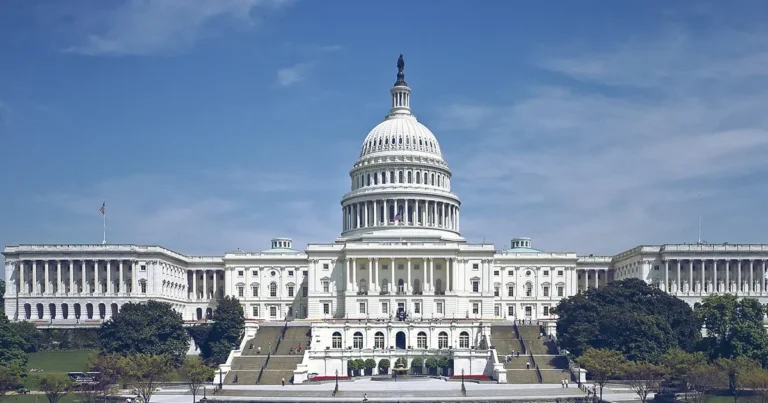3-6-2025 – As the United States Senate prepares to deliberate on a transformative piece of legislation, the crypto industry is rallying behind the Guiding and Establishing National Innovation for US Stablecoins (GENIUS) Act, a bill poised to bring much-needed clarity to the regulation of stablecoins. With a procedural nod secured on 19 May, the measure is set to establish a robust framework for the issuance and oversight of these digital assets, a move that enjoys broad support and is expected to advance to the House of Representatives. Yet, as the bill approaches a critical juncture, industry advocates are sounding the alarm over potential amendments that threaten to undermine its progress, risking the delicate balance of a long-sought regulatory breakthrough.
Stablecoin market poised for explosive growth by 2030
The stakes are high for the burgeoning stablecoin market, which Citigroup predicts could skyrocket from its current $240 billion valuation to a staggering $2 trillion by 2030, with a base-case estimate of $1.6 trillion and an optimistic projection reaching $3.7 trillion. This anticipated surge, driven by growing adoption among financial institutions and public sector entities, underscores the urgency of a clear regulatory path. The past year alone has seen a 50% increase in active stablecoin wallets, a testament to the accelerating embrace of digital assets within the financial ecosystem.
Crypto sector warns against credit card competition act attachment
However, the GENIUS Act’s journey through the Senate is fraught with challenges. A coalition of prominent crypto advocacy groups, including the Blockchain Association, Crypto Council for Innovation, Digital Chamber, and DeFi Education Fund, issued a unified call on 2 June, urging lawmakers to preserve the bill’s focused approach to stablecoin oversight. Their plea comes amid concerns over a proposed amendment led by Senators Dick Durbin and Roger Marshall to incorporate the Credit Card Competition Act (CCCA), which would compel payment networks like Visa and Mastercard to compete on merchant swipe fees. Fiercely opposed by banks and card issuers as excessive government intervention, this amendment has sparked fears of derailing the stablecoin legislation. James Czerniawski of Americans for Prosperity branded the proposal “unacceptable,” warning of its potential to restrict consumer access to credit.
Proposed amendments could delay senate passage
Further complicating the debate are additional amendments under consideration, including stricter disclosure requirements for government officials holding stablecoins, curbs on foreign—particularly Chinese—ownership of stablecoin issuers, measures addressing ties to a Trump family-backed crypto venture, and updates to Bank Secrecy Act and Anti-Money Laundering regulations. These proposals, while aimed at enhancing transparency and security, risk fracturing consensus and delaying the bill’s passage, potentially pushing a final Senate vote to the week of 9 June, as reported by journalist Eleanor Terrett.
Despite earlier reservations from some Democrats, driven by concerns over former President Donald Trump’s connections to the crypto sector, bipartisan support for the GENIUS Act has gained momentum.


